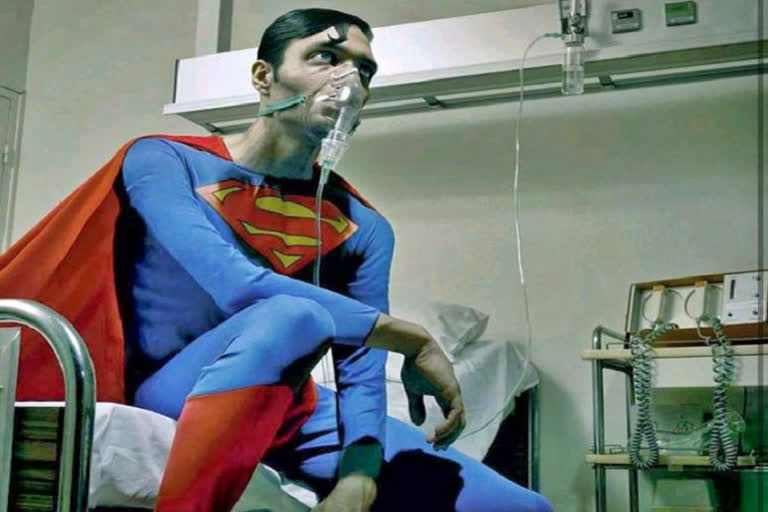New Delhi:As Delhi pollution has become one of the most serious issues pressing that national capital, a survey clearly reflects the magnitude of the problem. According to it, four out of every five families in Delhi-NCR have claimed to have experienced pollution-related ailments in the last few weeks.
The survey by LocalCircles, a community social media platform that holds surveys on issues of governance, public and consumer interest, covered 19,000 respondents in Delhi-NCR. Alarmingly, 18 per cent of those 19,000 have already visited a doctor.
The survey found that 80 per cent of the families have at least one member who is experiencing some kind of respiratory problem due to air pollution. The responses were sought from the residents of Delhi, Noida, Ghaziabad, Gurugram and Faridabad with 63 per cent of respondents being male.
Also read: Delhi Pollution: Air Quality 'Severe' for 3rd straight day; Noida records 529 AQI, Gurugram at 478
"Four in five Delhi-NCR (National Capital Region) families surveyed have someone experiencing pollution-related ailments: 18 per cent have already visited a doctor or a hospital," the survey mentioned. Answering the question on the nature of the ailment, 80 per cent families said their members are "facing multiple issues due to the pollution", while 7 per cent denied having any issue at all due to the pollution.
Interestingly, while Delhi-NCR has been covered by a thick layer of smog and some schools have been forced to shut down due to the toxic air, social media is abuzz with hilarious memes about it. One of the memes shows an apparently weak 'Superman' with its cape being wired to an Oxygen cylinder. "Superman after flying through Delhi," the user wrote while tweeting the picture.
The Air Quality Index (AQI) in Delhi stood at 431 on Saturday as air pollution remained to be in the severe category for a third consecutive day. The concentration of PM2.5 or the lung-damaging fine particles was above 460 micrograms per cubic metre, which is eight times the safe limit of 60 micrograms per cubic metre.
